[Anchor]
U.S. President Donald Trump has begun imposing an additional 10% tariff on Chinese products exported to the United States, as he had previously announced.
China, seemingly expecting this move, immediately retaliated, but left room for negotiation.
Kim Min-jung reports from Beijing.
[Report]
Just hours before the announced tariff was set to take effect, President Trump stated he would communicate with Chinese President Xi Jinping, but there was no news of a call or any reversal.
As a result, at midnight on February 4th, U.S. time, an additional 10% tariff began to apply to Chinese products, on top of the existing average tariff of 20%.
[Donald Trump/President of the United States: "That was just an opening salvo. If we can't make a deal with China, then the tariffs will be very, very substantial."]
China immediately responded with retaliatory measures.
It imposed additional tariffs of 10 to 15% on U.S. crude oil and coal, and decided to control the export of key minerals, such as tungsten, to industries like electronics and aerospace, which are highly dependent on China.
China also initiated sanctions against U.S. companies, including an investigation into Google for antitrust violations.
[China CCTV News: "China has filed a complaint with the WTO dispute settlement body against the U.S. tariff measures to protect its legitimate rights and interests."]
China's recent actions are assessed as being prepared with selected targets and means to inflict substantial damage on the U.S.
Internally, China emphasizes that the share of U.S. exports has decreased to about 15% of its total exports, and that any impact can be offset by trade with other countries.
China has postponed the imposition of retaliatory tariffs on U.S. products to February 10th, rather than implementing them immediately.
Since a call between the leaders is also anticipated, this is interpreted as leaving the door open for negotiations.
This is Kim Min-jung from KBS News in Beijing.
U.S. President Donald Trump has begun imposing an additional 10% tariff on Chinese products exported to the United States, as he had previously announced.
China, seemingly expecting this move, immediately retaliated, but left room for negotiation.
Kim Min-jung reports from Beijing.
[Report]
Just hours before the announced tariff was set to take effect, President Trump stated he would communicate with Chinese President Xi Jinping, but there was no news of a call or any reversal.
As a result, at midnight on February 4th, U.S. time, an additional 10% tariff began to apply to Chinese products, on top of the existing average tariff of 20%.
[Donald Trump/President of the United States: "That was just an opening salvo. If we can't make a deal with China, then the tariffs will be very, very substantial."]
China immediately responded with retaliatory measures.
It imposed additional tariffs of 10 to 15% on U.S. crude oil and coal, and decided to control the export of key minerals, such as tungsten, to industries like electronics and aerospace, which are highly dependent on China.
China also initiated sanctions against U.S. companies, including an investigation into Google for antitrust violations.
[China CCTV News: "China has filed a complaint with the WTO dispute settlement body against the U.S. tariff measures to protect its legitimate rights and interests."]
China's recent actions are assessed as being prepared with selected targets and means to inflict substantial damage on the U.S.
Internally, China emphasizes that the share of U.S. exports has decreased to about 15% of its total exports, and that any impact can be offset by trade with other countries.
China has postponed the imposition of retaliatory tariffs on U.S. products to February 10th, rather than implementing them immediately.
Since a call between the leaders is also anticipated, this is interpreted as leaving the door open for negotiations.
This is Kim Min-jung from KBS News in Beijing.
■ 제보하기
▷ 카카오톡 : 'KBS제보' 검색, 채널 추가
▷ 전화 : 02-781-1234, 4444
▷ 이메일 : kbs1234@kbs.co.kr
▷ 유튜브, 네이버, 카카오에서도 KBS뉴스를 구독해주세요!
- U.S. levies 10% tariff on China
-
- 입력 2025-02-05 00:18:44
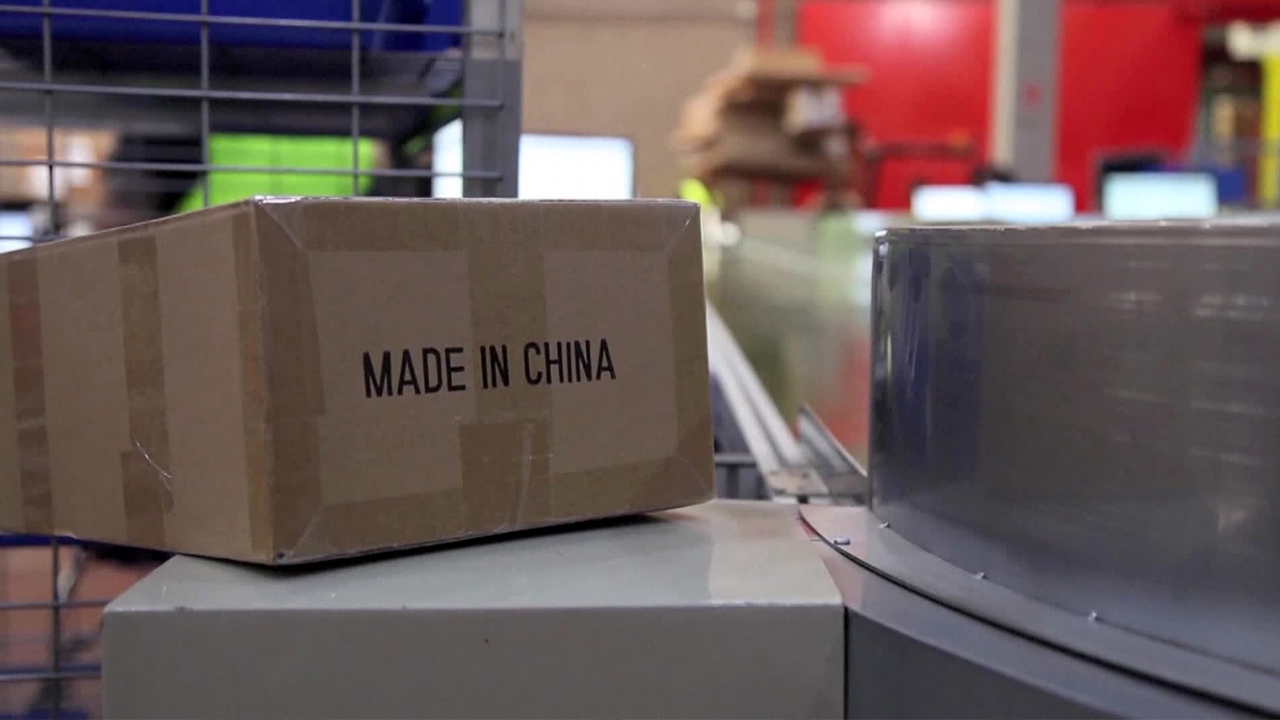
[Anchor]
U.S. President Donald Trump has begun imposing an additional 10% tariff on Chinese products exported to the United States, as he had previously announced.
China, seemingly expecting this move, immediately retaliated, but left room for negotiation.
Kim Min-jung reports from Beijing.
[Report]
Just hours before the announced tariff was set to take effect, President Trump stated he would communicate with Chinese President Xi Jinping, but there was no news of a call or any reversal.
As a result, at midnight on February 4th, U.S. time, an additional 10% tariff began to apply to Chinese products, on top of the existing average tariff of 20%.
[Donald Trump/President of the United States: "That was just an opening salvo. If we can't make a deal with China, then the tariffs will be very, very substantial."]
China immediately responded with retaliatory measures.
It imposed additional tariffs of 10 to 15% on U.S. crude oil and coal, and decided to control the export of key minerals, such as tungsten, to industries like electronics and aerospace, which are highly dependent on China.
China also initiated sanctions against U.S. companies, including an investigation into Google for antitrust violations.
[China CCTV News: "China has filed a complaint with the WTO dispute settlement body against the U.S. tariff measures to protect its legitimate rights and interests."]
China's recent actions are assessed as being prepared with selected targets and means to inflict substantial damage on the U.S.
Internally, China emphasizes that the share of U.S. exports has decreased to about 15% of its total exports, and that any impact can be offset by trade with other countries.
China has postponed the imposition of retaliatory tariffs on U.S. products to February 10th, rather than implementing them immediately.
Since a call between the leaders is also anticipated, this is interpreted as leaving the door open for negotiations.
This is Kim Min-jung from KBS News in Beijing.
U.S. President Donald Trump has begun imposing an additional 10% tariff on Chinese products exported to the United States, as he had previously announced.
China, seemingly expecting this move, immediately retaliated, but left room for negotiation.
Kim Min-jung reports from Beijing.
[Report]
Just hours before the announced tariff was set to take effect, President Trump stated he would communicate with Chinese President Xi Jinping, but there was no news of a call or any reversal.
As a result, at midnight on February 4th, U.S. time, an additional 10% tariff began to apply to Chinese products, on top of the existing average tariff of 20%.
[Donald Trump/President of the United States: "That was just an opening salvo. If we can't make a deal with China, then the tariffs will be very, very substantial."]
China immediately responded with retaliatory measures.
It imposed additional tariffs of 10 to 15% on U.S. crude oil and coal, and decided to control the export of key minerals, such as tungsten, to industries like electronics and aerospace, which are highly dependent on China.
China also initiated sanctions against U.S. companies, including an investigation into Google for antitrust violations.
[China CCTV News: "China has filed a complaint with the WTO dispute settlement body against the U.S. tariff measures to protect its legitimate rights and interests."]
China's recent actions are assessed as being prepared with selected targets and means to inflict substantial damage on the U.S.
Internally, China emphasizes that the share of U.S. exports has decreased to about 15% of its total exports, and that any impact can be offset by trade with other countries.
China has postponed the imposition of retaliatory tariffs on U.S. products to February 10th, rather than implementing them immediately.
Since a call between the leaders is also anticipated, this is interpreted as leaving the door open for negotiations.
This is Kim Min-jung from KBS News in Beijing.
-
-

김민정 기자 mjnews@kbs.co.kr
김민정 기자의 기사 모음
-
이 기사가 좋으셨다면
-
좋아요
0
-
응원해요
0
-
후속 원해요
0










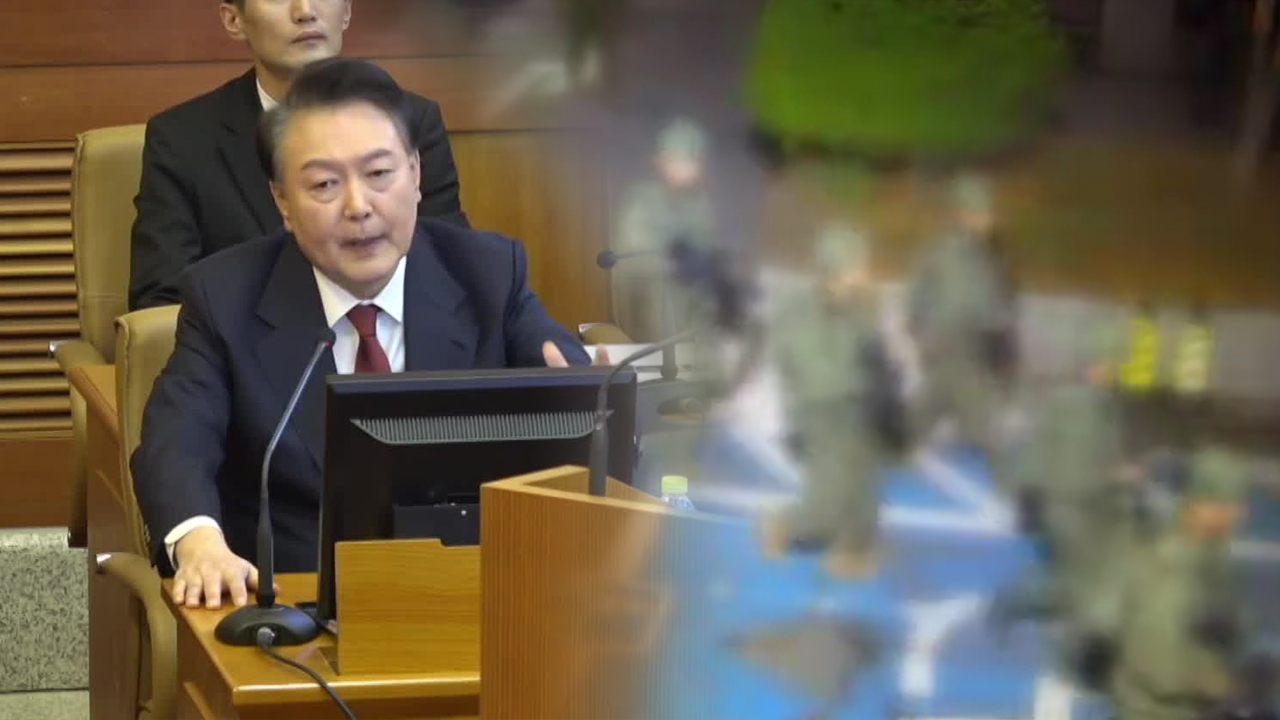
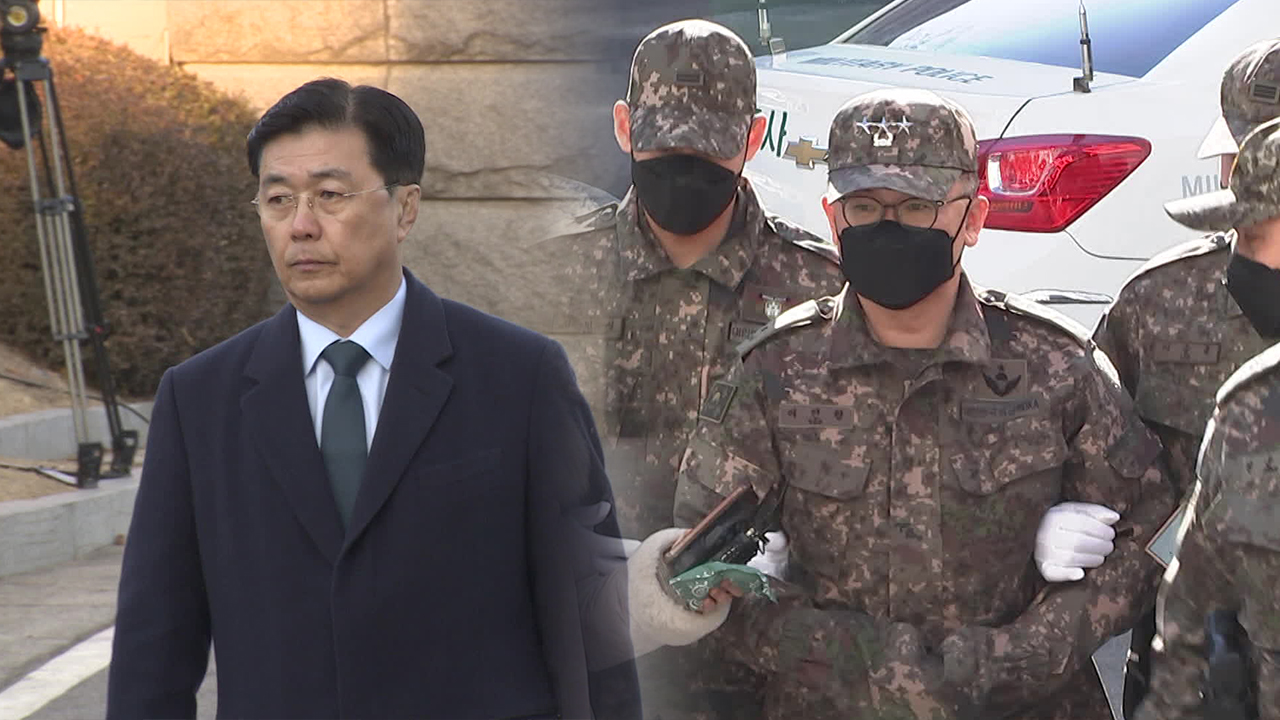
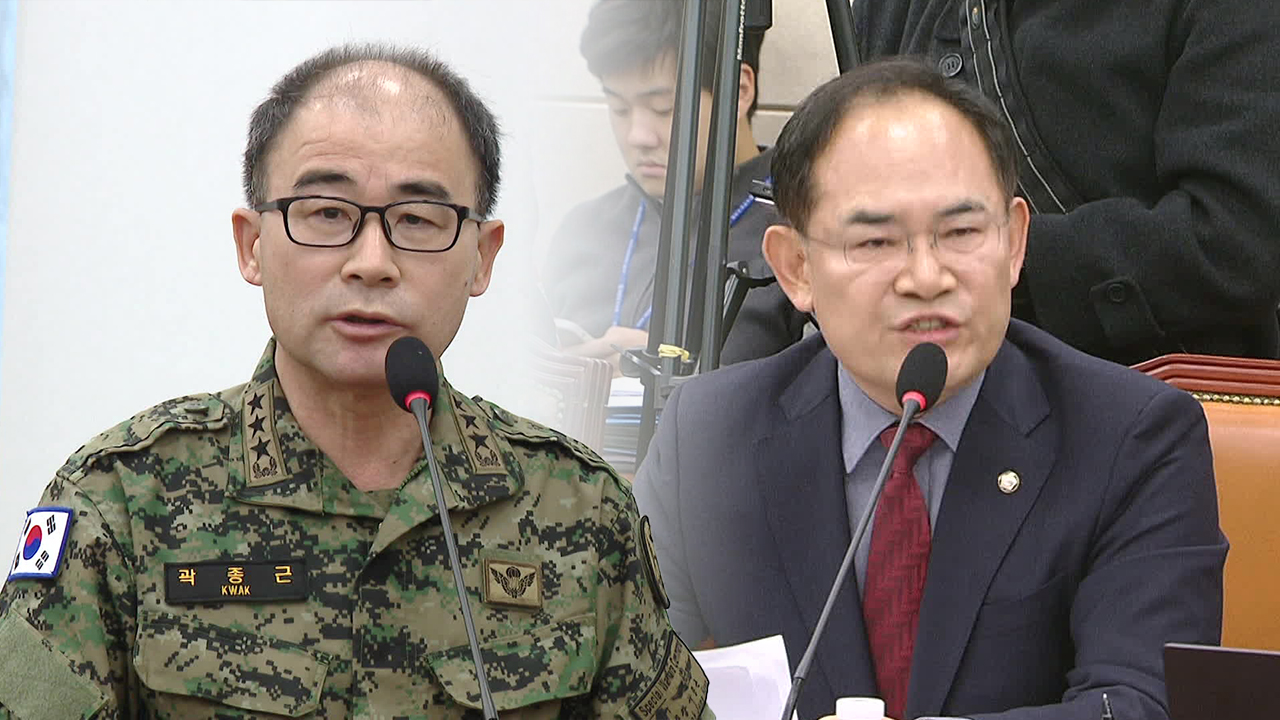
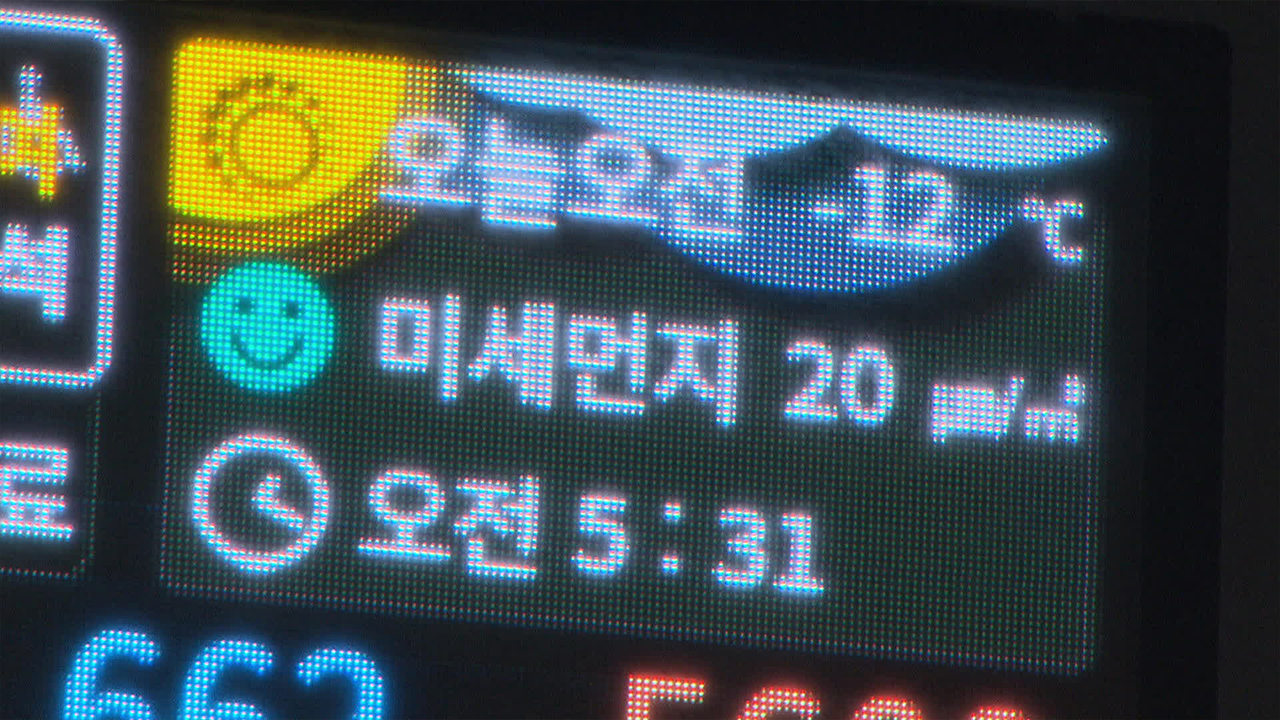

이 기사에 대한 의견을 남겨주세요.